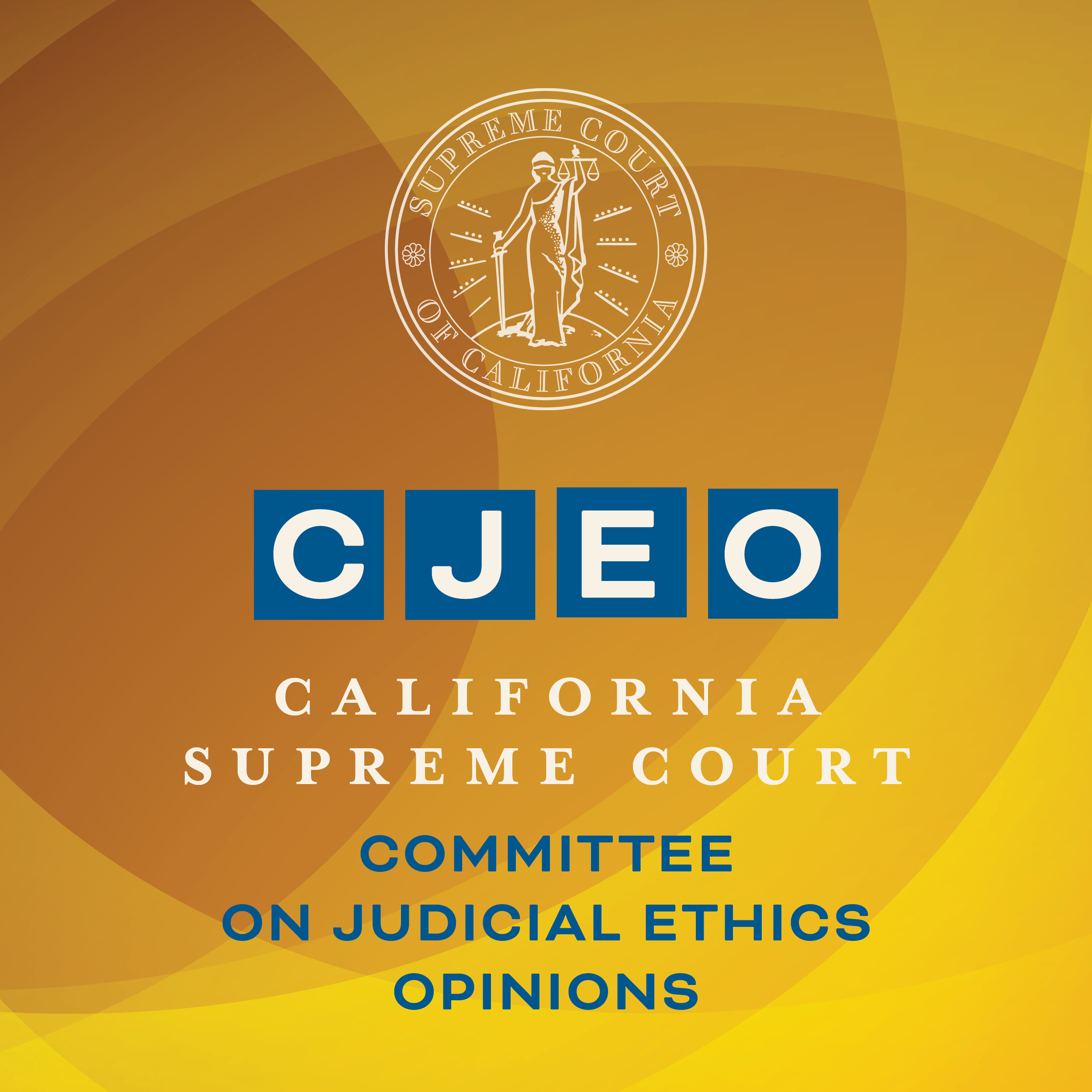Ethics Committee Adopts Opinion about Judges Consulting with Colleagues
The California Supreme Court Committee on Judicial Ethics Opinions (CJEO) has adopted a final opinion after considering public comments about the scope of a Code of Judicial Ethics provision that allows judges to consult with other judges on their cases.
In CJEO Formal Opinion 2022-020, the committee concludes judges may consult or have any conversation among judges that assists in carrying out judicial functions, facilitates independent decision-making, and does not otherwise violate the code (for example: by suggesting a judge is biased or embroiled in a matter). The committee advises that consultation need not be phrased as a question or request for advice, be initiated by the deciding judge, or follow a particular format.
The committee also notes that consultation may include a discussion of the facts or legal issues in a case. However, judges should make reasonable efforts to avoid receiving facts that are outside of the record.
With limited exceptions, the Code of Judicial Ethics expressly permits judges to consult
with other judges. This opinion helps clarify the scope of that broad permission,” said committee member Justice Marla Miller.
The committee posted and invited public comment on a draft formal opinion in September. The committee adopted the final opinion after receiving and considering public comments, which may be viewed on the CJEO website.
About the Committee on Judicial Ethics Opinions (CJEO)
The Committee on Judicial Ethics Opinions is a 12-member advisory committee that includes appellate justices, trial court judges, a retired judge, and a commissioner. The committee is appointed and authorized by the California Supreme Court, but its work is independent of the court, the Judicial Council, and all other entities. Its opinions are advisory and do not necessarily reflect the views of the California Supreme Court or any other entity.
The committee issues formal, informal, and expedited advisory opinions on proper judicial conduct pursuant to the California Code of Judicial Ethics and other authorities. CJEO recently updated its website where it posts its advisory opinions, offers resources dedicated to specific judicial assignments and issues, and provides extensive judicial ethics tools and resource materials for the benefit of the bench and the public.


